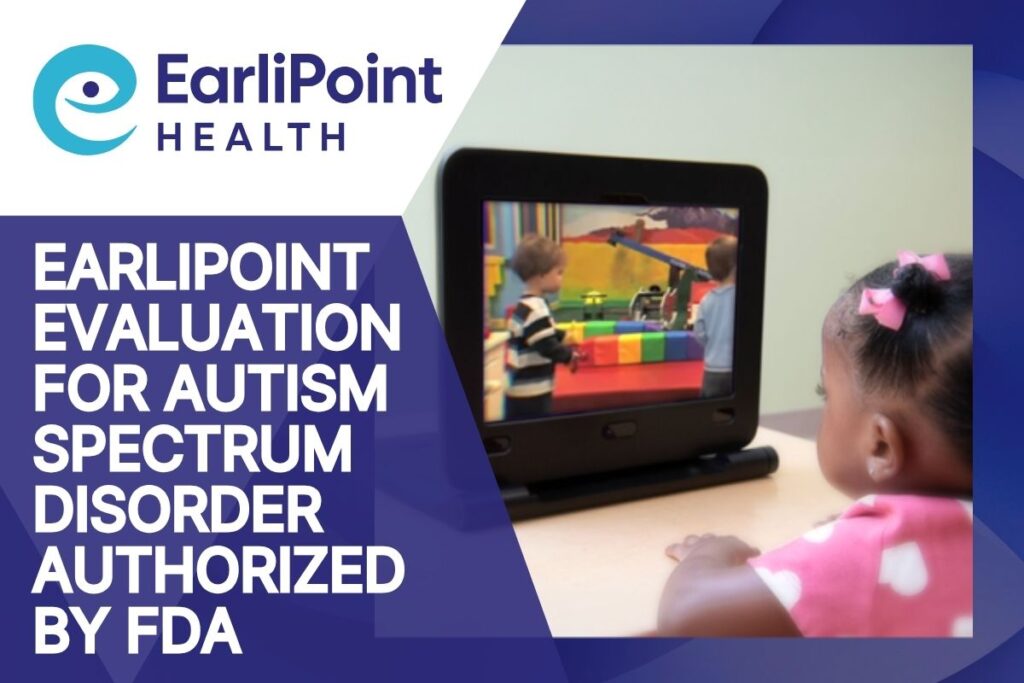Key Takeaways
- Referral networks connect your ABA clinic with families through trusted professionals and organizations, making them one of the most reliable client acquisition channels.
- Strong partnerships require both the right connections—such as pediatricians, therapists, and schools—and consistent, genuine communication.
- Making the referral process simple and accessible increases the likelihood that partners will follow through.
- Tracking referral sources helps you identify your most valuable relationships and invest in maintaining them.
For many ABA clinics, the strongest client connections begin with a trusted recommendation. Parents often turn to people they know—pediatricians, therapists, teachers, or community leaders—when seeking support for their child.
When those trusted professionals recommend your clinic, it carries far more weight than any advertisement. A well-developed referral network can create a steady flow of new clients, deepen your presence in the community, and strengthen your reputation as a reliable resource.
Why Referrals Work So Well for ABA Clinics
A parent is far more likely to follow through on contacting your clinic when the suggestion comes from a professional they already trust. Whether it’s a doctor discussing developmental milestones, a school counselor offering resources, or another therapist recognizing the need for ABA services, the recommendation feels personal and credible.
This makes referral-based growth uniquely valuable—families arrive with a level of trust and readiness that shortens the decision-making process and increases the likelihood of enrollment.
Finding the Right Referral Partners
The foundation of a strong referral network is knowing who to connect with. The most effective partners are professionals and organizations already interacting with families who may benefit from ABA therapy. Pediatricians, speech-language pathologists, occupational therapists, child psychologists, and school staff are often at the top of the list.
Beyond healthcare, community organizations, parent groups, and family resource centers can also be powerful allies. The goal is to build relationships with people who are in regular conversation with parents navigating developmental or behavioral concerns.
Making Referrals Simple and Accessible
Even the most enthusiastic partner can only help if referring families is easy. This means providing clear, straightforward information about your services, making your contact details prominent, and offering a quick, accessible way for partners to connect families with you. When the process is smooth and intuitive, partners are more likely to follow through, and families are more likely to reach out without delay.
Maintaining Strong, Long-Term Relationships
A referral network is not built in one meeting—it grows through consistent, genuine connection over time. This might involve providing updates on mutual clients’ progress when appropriate, hosting informational sessions or workshops for partners, or sharing resources they can pass along to families.
Simple gestures of appreciation, whether through a personal thank-you or public acknowledgment, help reinforce the value you place on the relationship. These touchpoints keep your clinic top-of-mind and nurture the trust that encourages ongoing referrals.
Tracking and Strengthening Your Network
Successful referral marketing relies on understanding where your clients are coming from. Keeping track of your referral sources allows you to identify which relationships are most productive and where more attention may be needed.
If a particular pediatrician’s office or school consistently connects you with new families, that’s a sign to invest more time in deepening that relationship. This data also provides opportunities to recognize and thank your most supportive partners, further strengthening your connections.
The Lasting Value of Referral-Based Growth
Referrals are more than just a marketing tactic—they are a relationship-based approach to growth. They often cost less than traditional advertising, yield higher-quality leads, and create long-term community credibility.
Over time, a well-tended referral network can become one of the most reliable drivers of new client acquisition, ensuring your clinic remains a trusted and visible resource for the families who need you most.
FAQs
How do I start building a referral network for my ABA clinic?
Begin by introducing yourself to local professionals who frequently work with children and families, such as pediatricians, school counselors, and therapists. Share clear information about your services and explain how you can support their work with families.
Should I focus only on healthcare providers for referrals?
Not necessarily. While healthcare professionals are key partners, community groups, parent support networks, and educational organizations can also be excellent sources of referrals.
How can I keep referral partners engaged long term?
Maintain regular communication by providing updates, inviting them to educational events, and showing appreciation for their trust. Consistent interaction keeps your clinic top-of-mind when they encounter families in need of ABA services.



